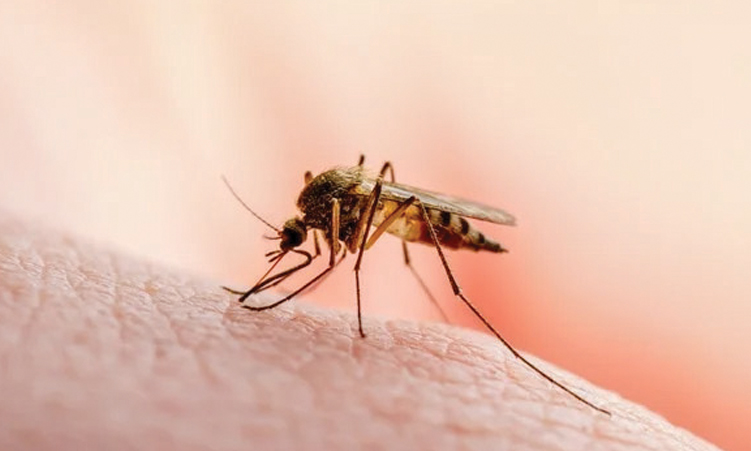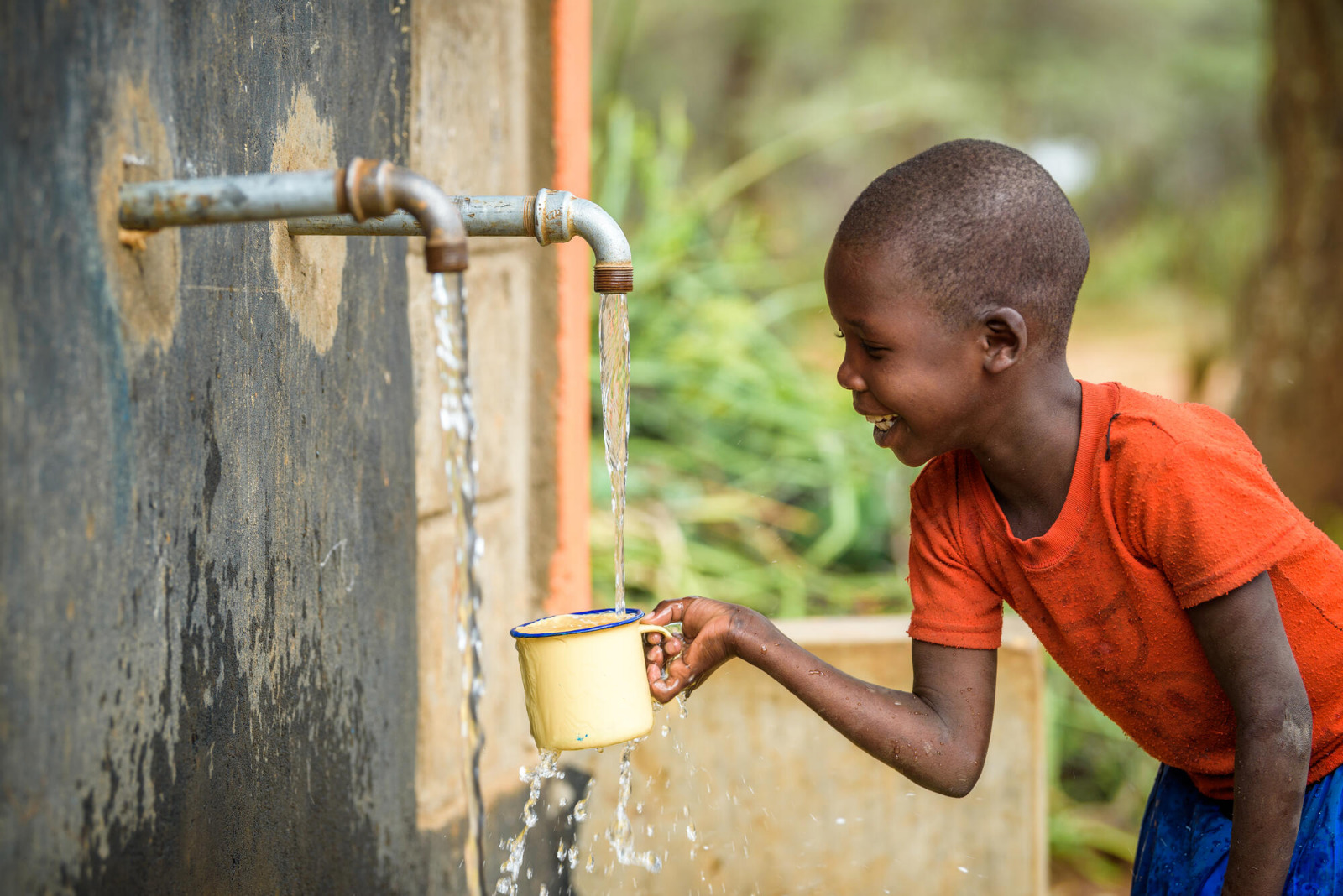The Ohangwena region is grappling with a severe malaria outbreak, having reported a staggering 5 000 cases and nine deaths to date.
Health officials are alarmed and urging visitors to take necessary precautions to safeguard their health.
Robert Nandjila, the region’s health director, says Eenhana is currently experiencing the highest concentration of malaria cases in the region, with many infections originating from areas near Namibia’s border with Angola.
Nandjila says the challenges posed by inadequate healthcare facilities compel many malaria victims to seek treatment across the border in Namibia.
“Angolan malaria patients are crossing into Namibia daily for treatment. We have a significant number of patients coming from close to the border,” he says.
Nandjila says in response to this public health crisis, the Ministry of Health and Social Services has deployed three teams dedicated to combating malaria through several measures.
These include spraying for mosquitoes, distributing mosquito nets, and creating community awareness programmes aimed at prevention.
“Eliminating malaria is impossible as long as mosquitoes are present. The entire Ohangwena is at high risk for malaria,” he says.
Local residents are feeling the impact of the outbreak.
Selma Abram, a mother from Onamfila, has expressed concern for young children who are particularly vulnerable, citing the distance from healthcare facilities as a significant barrier to timely treatment.
“Children are getting sick, and the healthcare facilities are quite far.
We urgently need mobile clinics to provide treatment, especially since children can become very ill at night, and transport to either Eenhana or Okongo hospitals is not readily available – often more than 50km away,” she says.
Merian Festus from Omundaungilo says three members of her household are currently hospitalised with malaria.
“People are falling sick daily from malaria.
The hospitals are too far, and accessing treatment promptly is a major challenge,” she says.
A nurse at the Eenhana hospital says the facility is inundated with malaria patients, and they receive hundreds of cases each day.
Many of these patients are cattle herders who work near the border and arrive at the hospital after experiencing serious illness.
“Most of the cases we treat involve herders who come in at any time. Their employers bring them in after they have been unwell, and that’s when we discover they have malaria,” the nurse says.
Stay informed with The Namibian – your source for credible journalism. Get in-depth reporting and opinions for
only N$85 a month. Invest in journalism, invest in democracy –
Subscribe Now!










